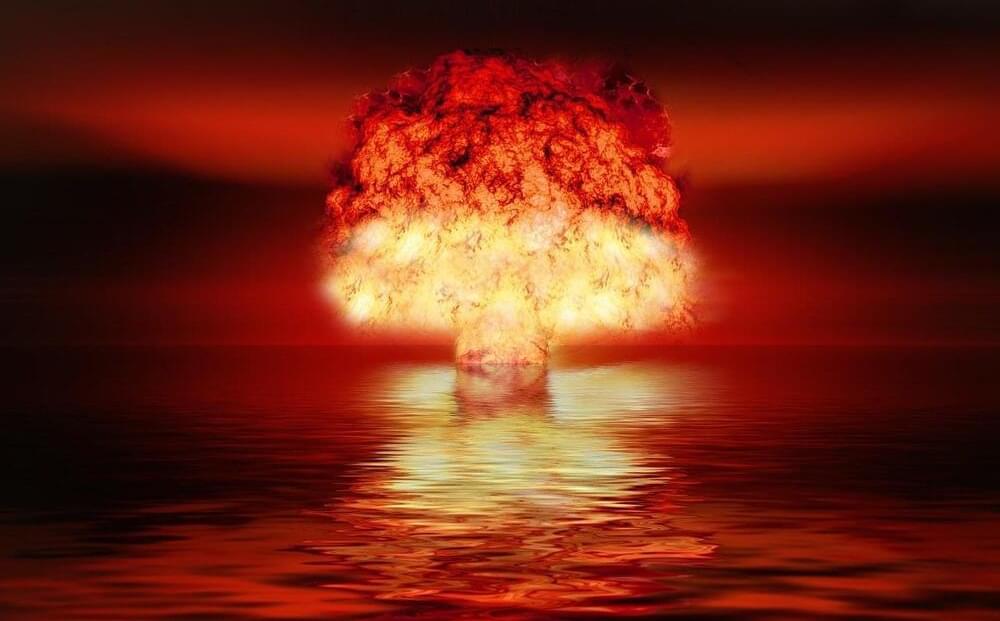The 80,000 Hours Podcast features unusually in-depth conversations about the world’s most pressing problems and what you can do to solve them. Learn more, read the summary and find the full transcript on the 80,000 Hours website: https://80000hours.org/podcast/episodes/jan-leike-superalignment.
In July, OpenAI announced a new team and project: Superalignment. The goal is to figure out how to make superintelligent AI systems aligned and safe to use within four years, and the lab is putting a massive 20% of its computational resources behind the effort.
Today’s guest, Jan Leike, is Head of Alignment at OpenAI and will be co-leading the project. As OpenAI puts it, “…the vast power of superintelligence could be very dangerous, and lead to the disempowerment of humanity or even human extinction. … Currently, we don’t have a solution for steering or controlling a potentially superintelligent AI, and preventing it from going rogue.”
Given that OpenAI is in the business of developing superintelligent AI, it sees that as a scary problem that urgently has to be fixed. So it’s not just throwing compute at the problem — it’s also hiring dozens of scientists and engineers to build out the Superalignment team.
Plenty of people are pessimistic that this can be done at all, let alone in four years. But Jan is guardedly optimistic. As he explains:
Honestly, it really feels like we have a real angle of attack on the problem that we can actually iterate on… and I think it’s pretty likely going to work, actually. And that’s really, really wild, and it’s really exciting. It’s like we have this hard problem that we’ve been talking about for years and years and years, and now we have a real shot at actually solving it. And that’d be so good if we did.
 The media frenzy surrounding ChatGPT and other large, language model, artificial intelligence systems spans a range of themes, from the prosaic –
The media frenzy surrounding ChatGPT and other large, language model, artificial intelligence systems spans a range of themes, from the prosaic – 

